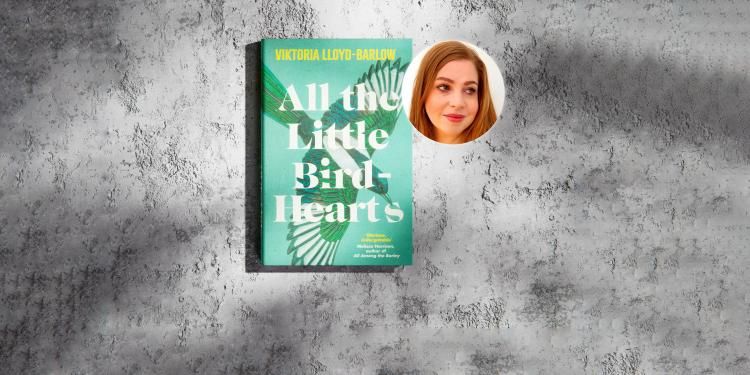How does it feel to be nominated for the Booker Prize 2023, and what would winning the prize mean to you, especially as a debut novelist?
It is a real honour to be included on the Booker longlist. I am very appreciative that being longlisted has enabled All the Little Bird-Hearts to find readers it may otherwise not have found. Whichever novel wins the Booker prize in November will be transformed to an even greater degree; the critical endorsement provides the author with an unparalleled increase in reader interest and readership. The winning book will reach so many new readers and will get the most life a novel possibly can. There are enormous freedoms and opportunities for the winning author in terms of their post-award writing. It is a truly life-changing award.
How long did it take to write All the Little Bird-Hearts, and what does your writing process look like? Do you type or write in longhand? Are there multiple drafts, long pauses, or sudden bursts of activity? Is there a significant amount of research and plotting before you begin writing?
I wrote All the Little Bird-Hearts over two and a half years. I did not have the luxury of writing when I felt inspired but rather wrote whenever I could, whether that was at my laptop, on my phone or in longhand. I had significant caring responsibilities during this period, and I knew there would not be fixed times available in which to write uninterrupted. It was actually a useful restriction as it disciplined me to write enthusiastically whenever there was an opportunity. The one thing I could do consistently was think about the book and arrange it in my mind. I constantly made little notes to myself, so that when there was time I had material waiting to be written up and did not simply sit and get lost in thoughts about what I might write.
Where exactly do you write? What does your working space look like?
I write wherever the quietest place available is. My children would find it very amusing if I thought myself grand enough to require a working space of my own.
The novel began life as your creative writing PhD submission. At what point did you think it could be a published work, and what were your expectations in terms of how successful it might be?
I thoroughly enjoyed the PhD process and I worked hard on my thesis, but I was not writing with any expectation that the work would be published. When I finished the book, my supervisor, Amy Sackville, recommended her own agent, Jenny Hewson at Lutyens and Rubinstein, who then signed me. As a debut novelist, I did not have particular hopes for what success the book might have but was extremely excited when it found an Italian publisher first.












